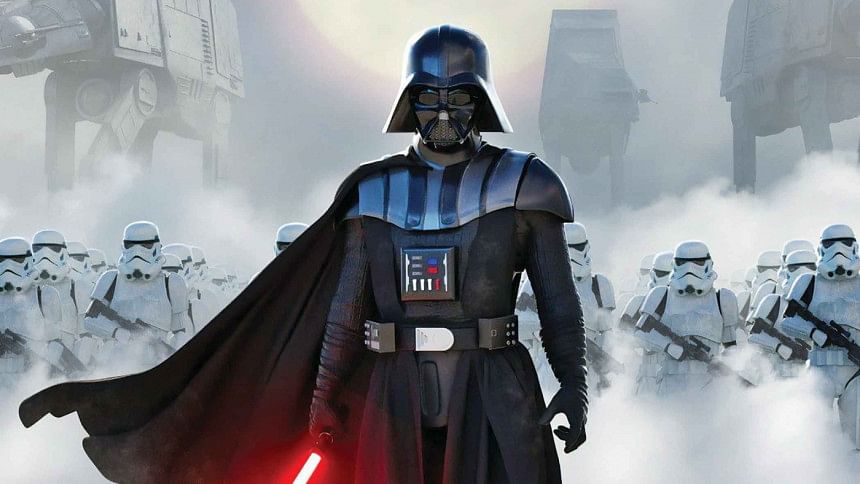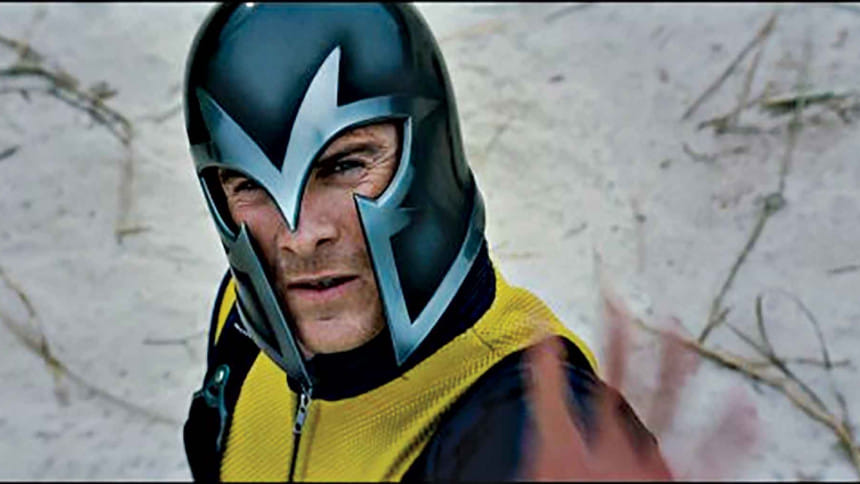The case for origin movies of iconic villains

Aided largely by Stone's brilliant performance, impeccable music, and outlandish costume design, it is a comprehensive showcasing of proper utilisation of creative talents by one of the largest studios in the world. However, it comes at a time when movies about villains are nearly the norm. Many wonder whether these origin stories that generally break down the tragic events that led ordinary, well-intentioned characters to become criminals, take away from the mystery of antagonists, who are often the reason for powerful plots.
From a broader cultural context, there is some explanation for an advent in such films. Studios have nearly been saturated with stories about heroes, and fairy-tale endings. As a result, the audience has come to regard the "all's well that ends well" trope with a healthy amount of speculation and skepticism. More than ever before, young people these days are highly critical of established norms perpetuated by pop culture stereotypes. It is apparent that when a traditional hero wins at the end of a movie, a large part of the picture is left out. In that sense, movies about villains are an effort by filmmakers to fill in the gaps.

As most of these films are traditionally widely consumed by children, they are one of the earliest gateways for young people to extend their creativity and imagination. It is important to feed children with a combination of different stories, which ensure that they start thinking more critically from a younger age. Children tend to have a black-and-white perspective on most things, and they take time to unlearn certain ideas.
Arguably, films are not bound to be aspirational. While the audience should not be infantilised by the assumption that they are motivated by the violence and aggression they see on screen, all entertainment fits into a complex system responsible for shaping the moral fabric of society. Memes with captions such as "As children we loved the heroes, as adults, we understand the villains" are popular. It is particularly concerning when Joaquin Pheonix's Joker is viewed as an understandable villain. Films are an excellent medium to expose how the very society that sets the standards for success and moral righteousness is equally responsible for its contributions to making villainous monsters. Filmmakers have taken advantage of the fact that it has become increasingly easier for the public to applaud the criminals who break out of their cages, metaphorical or otherwise.

Perhaps what would be more aligned with the current cultural moment is new-age anti-heroes deconstructing oppressive systems and reimagining the status quo. In this regard, "Cruella" falls short as her success story is merely one of personal revenge, resulting in no change to the mass-accumulation of generational wealth. On the other hand, Marvel Studios' "Falcon and the Winter Soldier" makes a powerful case for misunderstood vigilantes by placing a responsibility on the lawmakers to do better.
When the makers of "Star Wars" told Darth Vader's story that led to him becoming one of the most beloved characters of all time, they set a precedent for what was to become a trend of over explaining the motives of the villain. However, there are multiple times that movies did this really well. Magneto's backstory of being a Holocaust survivor and exploited by the Nazis for his superpowers substantially added to the character's merit in "X-Men: First Class". One of the reasons it works so well is that the movie (and its sequels) does not make the mistake of softening the character. In contrast, Angelina Jolie is brilliant at playing Maleficent, but the audience is made to sympathise with the character to an extent that seems strangely unnecessary.
Movies about villains fit into a genre of their own, and there is an art to making them powerfully. People look to films and TV shows for much more than entertainment. If done well, stories can leave lasting impressions, and many attest to having been permanently shaped by something they watched. This responsibility must be borne by storytellers and filmmakers, which is uniquely challenging since they are tasked with telling stories about wicked people as they are, not as how people wish they were.

The author is a freelancer, specializing in books, exhibitions and art.
Email: [email protected].

 For all latest news, follow The Daily Star's Google News channel.
For all latest news, follow The Daily Star's Google News channel. 



Comments